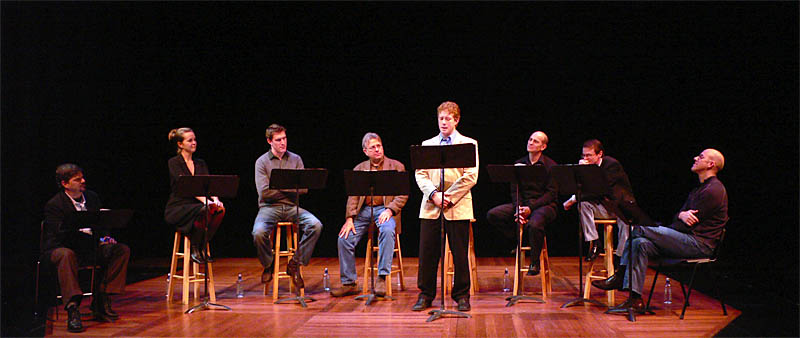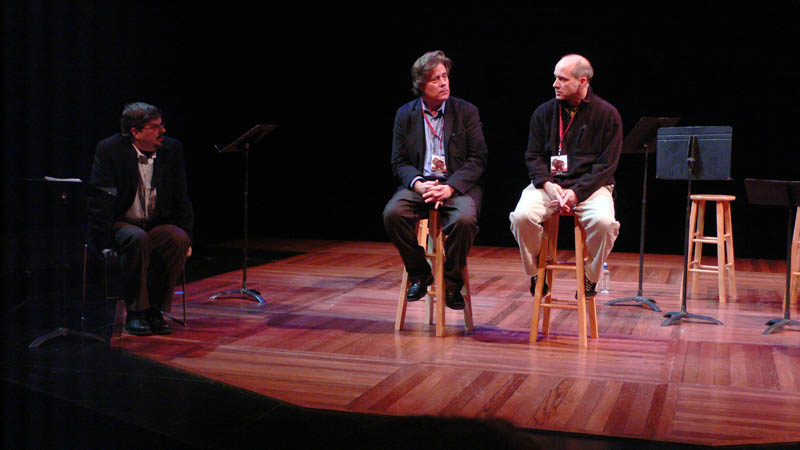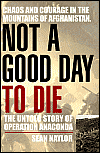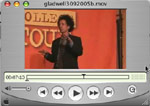
The Economist reviews UW Madison grad and Pulitzer Prize winner Anthony Shadid’s (“who speaks Arabic like a native and writes English like an angel”) new book: Night Draws Near: Iraq’s People in the Shadow of America’s War
Much more than these bold facts, however, the average western newspaper reader will not know. It is not easy to understand fully what is going on; still less so to make any accurate predictions about how it will end. Targeted by head-chopping Muslim fanatics, most foreign journalists do not leave the generous, if inevitably jaundiced, embrace of American and British troops. And even those who do must rely heavily on official sources—mostly Americans who are out of touch with the complex and changing world outside their fortress compounds, and who, like their government, have tended also to invent good news where there is none.
Thank goodness, then, for those reporters, both western and Iraqi, who are prepared to take risks in search of a more nuanced reality, among them Anthony Shadid, a correspondent for the Washington Post, whose words begin this article. Mr Shadid, an American of Lebanese descent, who speaks Arabic like a native and writes English like an angel, has put his best reporting into this book. Even-handed and keenly observed, containing just enough (and no more) of the author to suggest a decent man worthy of our trust, it is written for the inexpert but has fresh material for scholars. Mr Shadid calls his work story-telling rather than serious criticism, and so it is. But stories this insightful—of dead Iraqi insurgents and their motivations; of a 14-year-old Iraqi Anne Frank, with extracts from her wartime diary—are more than journalism; they are valuable chronicles.
More on Shadid.





